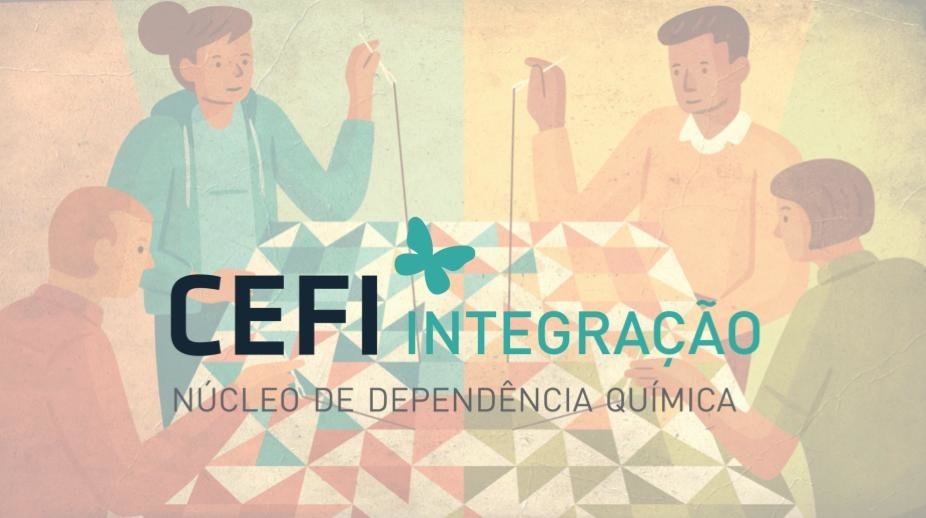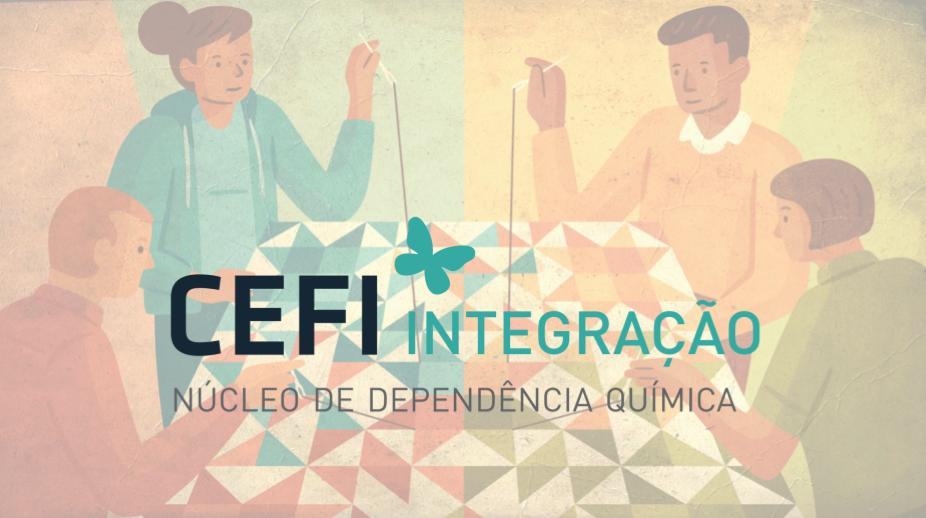How to identify someone who suffers from chemical dependency?


Multidisciplinary team in the treatment of chemical dependency
The World Drug Report (2019) shows that 35 million people suffer from drug use disorders. *
How to identify someone who suffers from chemical dependency?
The disease is characterized by a compulsion to use the drug (including licit ones such as tobacco and alcohol), need for Increasing amounts to achieve the same effect, lack of control over amount used, abandonment of previous activities, withdrawal symptoms (lack of drug causes physical symptoms such as tremors, sweating , nausea and psychological, irritability, aggressiveness) and continued use despite damage. Only three of these symptoms are sufficient to diagnose the disease. The World Health Organization (WHO) considers chronic, slow, progressive and fatal disease.
What are the causes of this disease?
The influence stems from biological, psychological and social factors. The biological refers to heredity, passed on from parents to children, which means that children of drug addicts are more likely to develop the disease. Psychological issues are related to difficulties solving problems and dealing with frustrations, social concerns the environment in which the individual is inserted.
Is there a cure?
Is there treatment. Being a disease of multiple causes the presence of a multidisciplinary team is crucial. The psychiatrist is part of the team to assess the need or not for hospitalization, to monitor detoxification and comorbidities, (possible associated diseases: depression, anxiety disorders, etc.), the psychologist utilizes individual therapy, identifying with the patient the emotions and thoughts that affect them, and family therapy understanding how it influences and can help their family member and addicted consultants work in > relapse prevention.
If you know someone who needs our help or wants to talk about this disease, contact our team at WhatsApp: 51 94207006 or
phone: 51 33461525 < / strong>
Report link United Nations offices on Drug and Crime: https://www.unodc.org/lpo-brazil/en/frontpage/2019/06/relatrio-mundial-super-drugs-2019_

